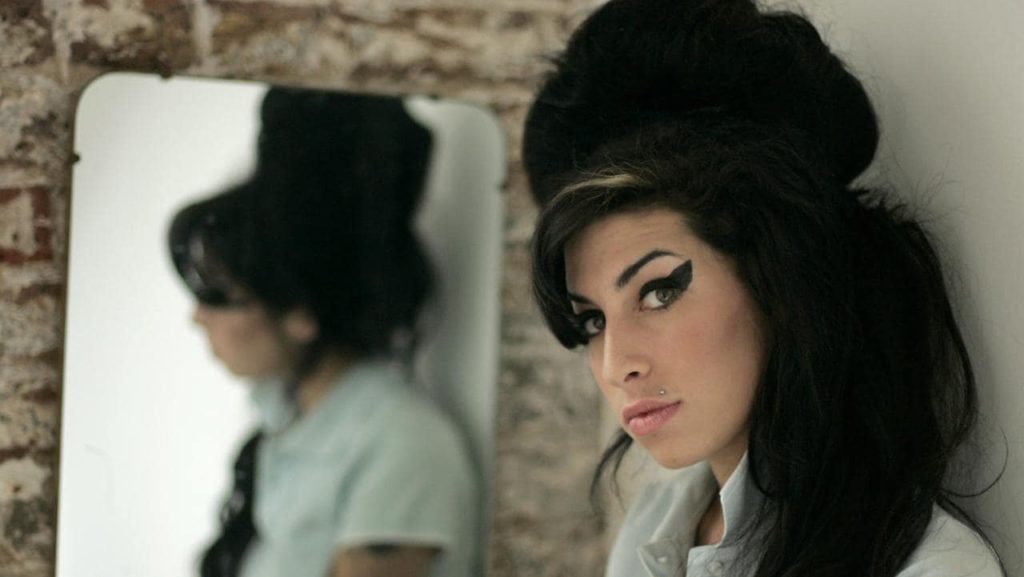Cannes: Amy review
 There is a complex and entirely unsettling issue at the heart of Asif Kapadia’s highly engrossing, thoroughly distressing new documentary, Amy, and it remains a genuine question as to whether or not this film is guilty of the very behaviour it accuses others of enacting.
There is a complex and entirely unsettling issue at the heart of Asif Kapadia’s highly engrossing, thoroughly distressing new documentary, Amy, and it remains a genuine question as to whether or not this film is guilty of the very behaviour it accuses others of enacting.
We saw much of Amy Winehouse‘s story play out in public, and it seemed to be the familiar tragedy of a musical star who rises to the top, and then comes crashing down. As always, we, the public, were at least partly to blame for this fatal trajectory. And now we, the same public, will settle down to watch this story retold when Amy is released next month into UK cinemas.
Amy Winehouse died aged just 27, following a string of problems with drugs, alcohol and bulimia. all of which, this film would seem to suggest, could have perhaps been avoided if the right person had simply stepped in to help. But instead, we’re told, those around Winehouse often seemed more keen to push her forwards – or at least, push her career forwards, even at the expense of her mental health, and ultimately her life.
Nonetheless, Amy is far from being a hatchet job and Winehouse’s closest friends and family are given the space to speak. We hear them through newly recorded interviews and archive material, though this audio never once provides explicit commentary on the image it accompanies.
Though Winehouse’s father, Mitch, has recently spoken out against the doc, and said that he is particularly angry about the way in which he is portrayed, there are no signs that Kapadia went after Mitch, and he seems to be speaking and acting freely; it’s his own words and actions that will illicit the audience’s gasps of disbelief. Scenes from Mitch’s reality TV show My Daughter Amy are particularly uncomfortable to watch, and I was even astounded that such a show existed in the first place.
At the centre of Amy Winehouse’s troubles, and providing the main conflict in this documentary, is the unquenchable public appetite for a piece of her, all fed by the paparazzi that waited in ambush at every corner. The film gives a sad sense that this is why Amy really died; that what we have to blame for the loss of this young woman is every sale of The Sun, and every click onto The Daily Mail Online.
But where does this leave Amy, a film that uses the same images and footage to tell its story? The film is a remarkable, impressive feat of assemblage, but watching it unfold becomes a slow, gruelling journey towards an inevitable tragedy, one presented in voyeuristic slow motion and through a startling amount of personal footage and images. The effect is upsetting and invokes a sense of complicity that got under my skin. I have been struggling with my feelings about this effect ever since the screening.
Celebrity culture is an honestly sick and twisted part of the modern world, and hopefully Amy can work as an effective deterrent, dissuading us from further feeding our tabloid addictions, and not simply be another indulgence, another object of fascination in that same tradition.